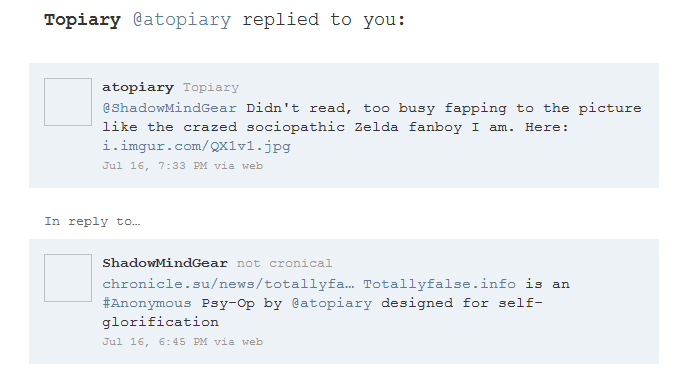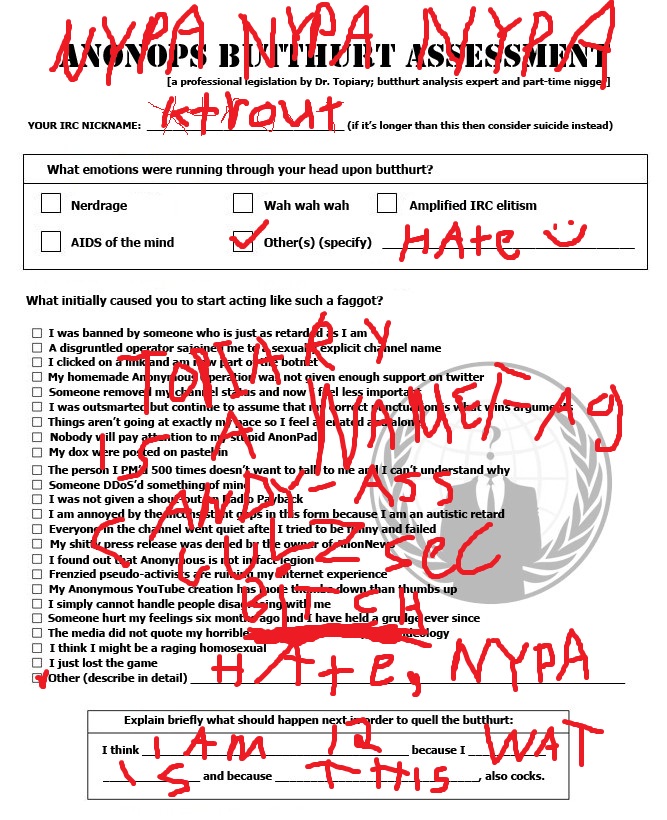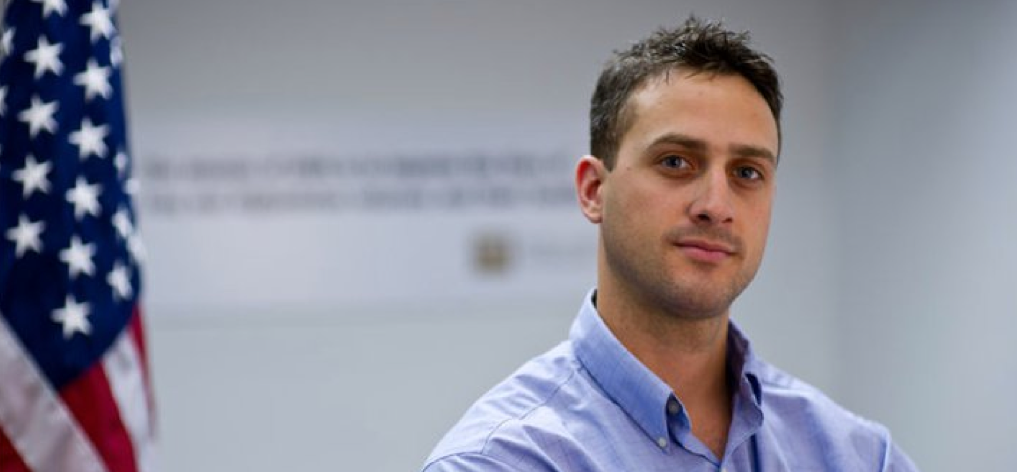Remember all those shocking final goodbyes to to friends and family which were played by Fox News in the aftermath of 9/11? You might want to sit down.[pullquote]”The time has certainly come for Rupert Murdoch’s resignation.” -Sarah Palin[/pullquote] Fox hired hackers to acquire the audio, carelessly invading the privacy of American families and victims of terrorism. Rupert Murdoch personally approved of this tactic in a desperate bid to increase ratings. Back in 2001, Fox was not such a dominant force in the media. By hacking the phones of 9/11 victims, Fox News was able to gain a foothold.

Jesus would be ashamed of Rupert Murdoch. In fact, if Rupert Murdoch doesn’t repent soon, he will definitely go to hell. Phone hacking became like an addiction to Rupert Murdoch. He went after celebrity’s voicemail accounts, dead children’s cell phones, and pretty much hacked anything that moved.
The time has come for Rupert Murdoch to step down. Like Anthony Weiner, he has made a terrible mistake and no longer deserves his place of power. America deserves better. We are a Good Christian Nation, and Fox News has betrayed both our trust and the Freedom of Press.




